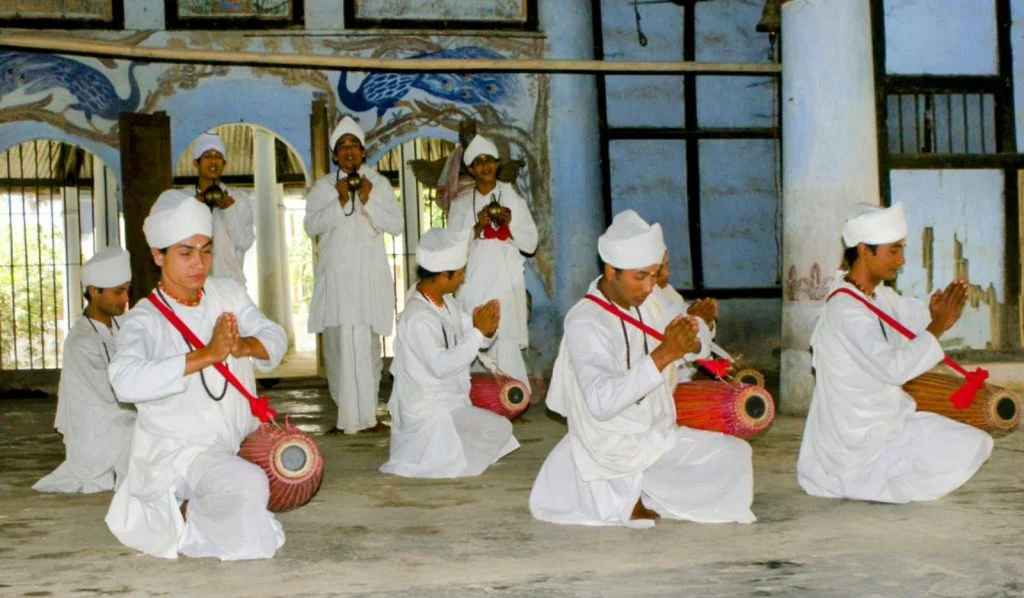A slender strip of land between the Brahmaputra and Burhi Dihing rivers, Majuli was once upon a time, a secluded sanctuary of wildlife, and as Prof Dambarudhar Nath in The Majuli Island says, “had limited interaction with mainstream society, with many residents never venturing across the Brahmaputra.” This changed when Vaishnava social reformer Sri Sri Mahapurush Sankaradeva established a satra at Belaguri Dhuwahat in the 15-16th century. Over time monasteries were set up and Ahom kings would go on to decreed the island as home to Vaishnava preachers.
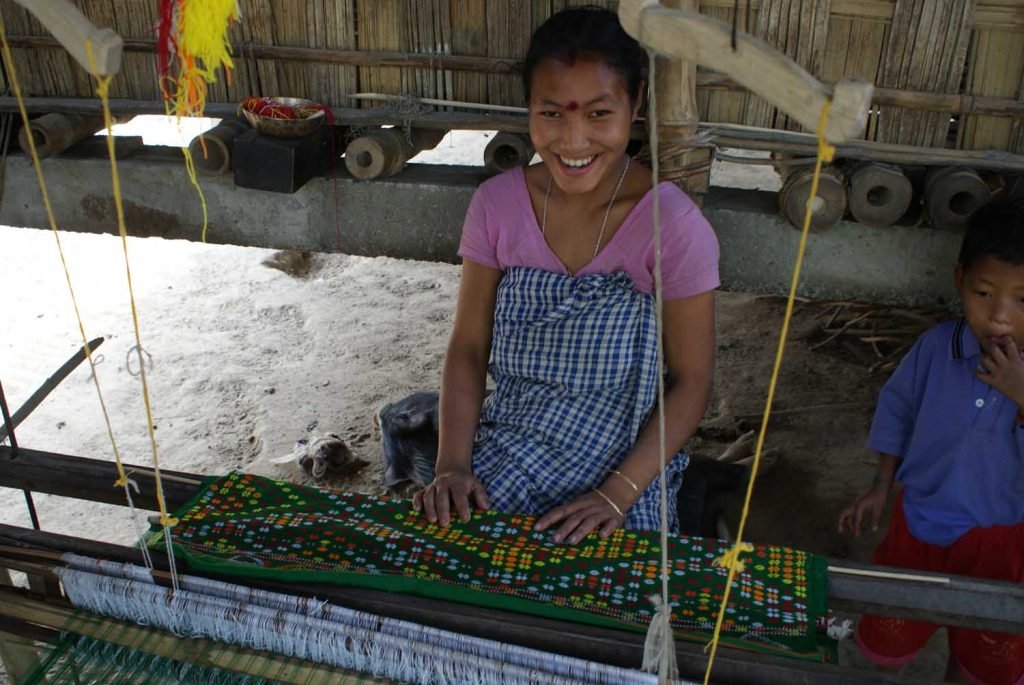
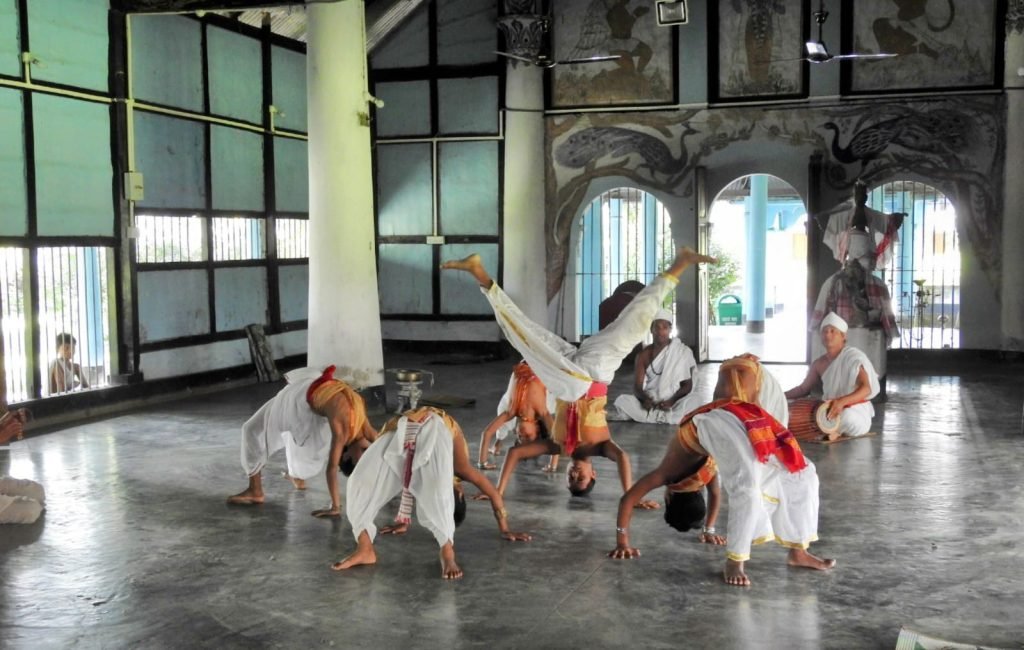
The ‘Vatican of Vaishnavism’, dubbed ‘Etaka Mahantar Than’, Majuli is home to satras. It is also a hub of performing arts—from Sankaradeva and Madhavdeva’s borgeets todance-choral music gayan-bayan (integral to bhaona) toSattriya Nritya, which was recognised as a classical dance of India in the year 2000. Music, literature, culture, dance flourished—with each satra, under the guidance of a satradhikhar, operating as a vibrant repository of artistic traditions and spiritualism as was envisioned by Srimanta Sankardeva. These monastic satras, resembling ancient hermitages, possessed a distinct territorial boundary, a structured establishment around a community prayer hall, besides clusters of houses (baha) for residents and the pontiff, surrounded by bhakats (devotees) and sishyas (disciples).
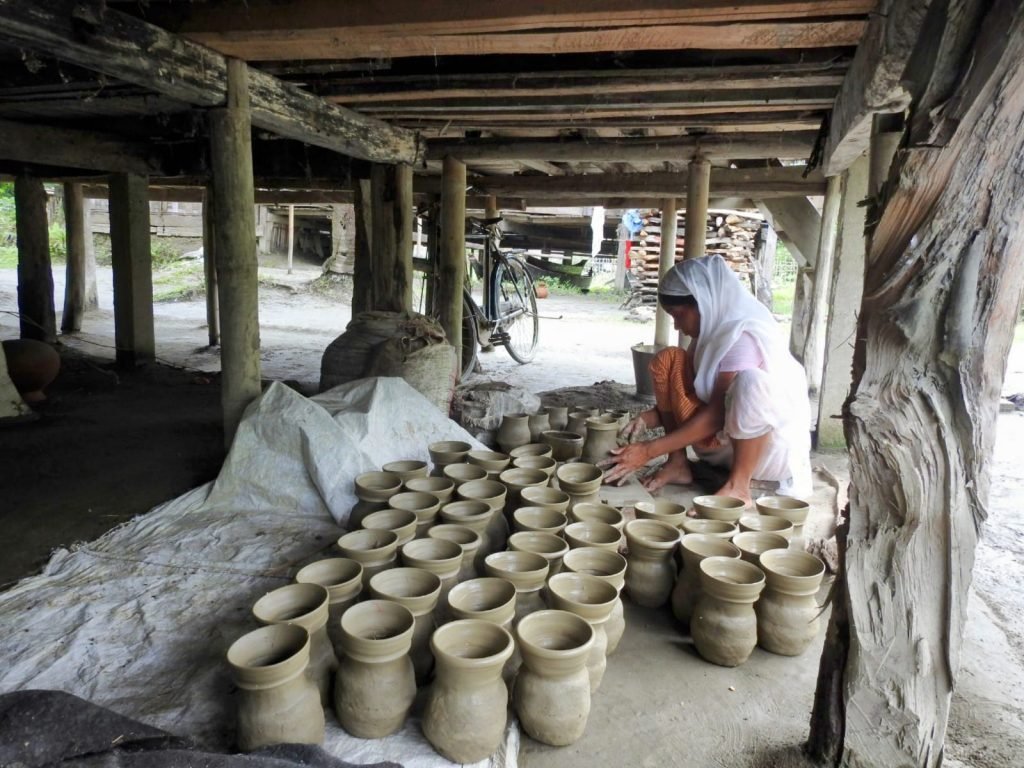
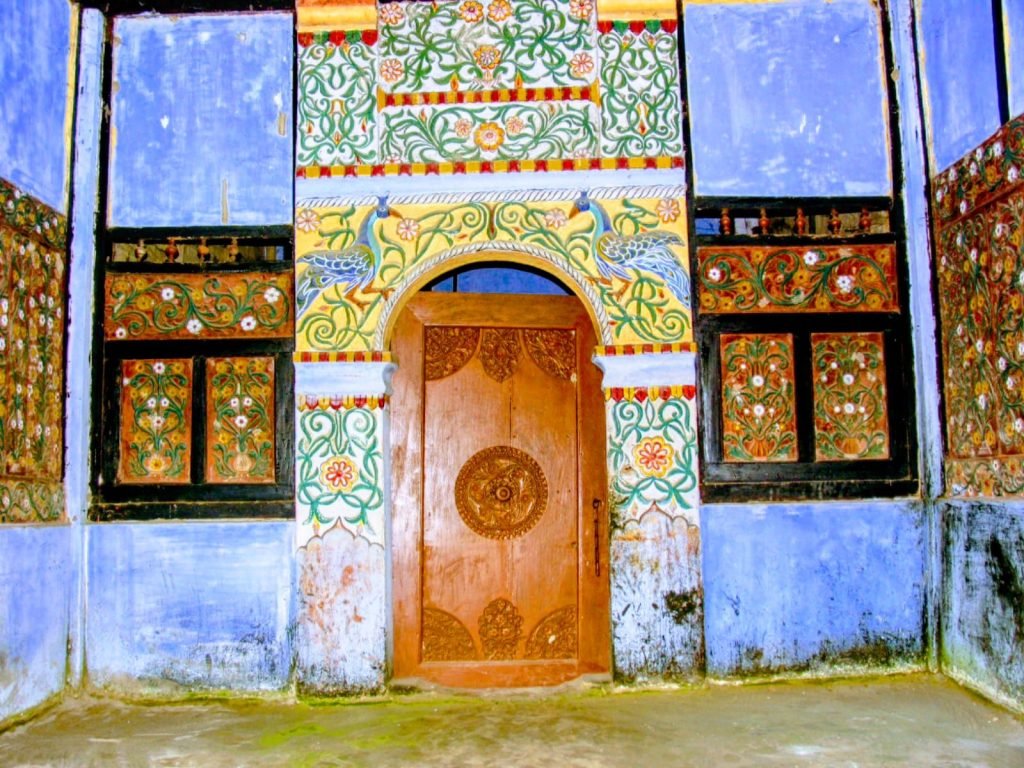
Even today, Majuli pulsates with traditions and a culture that dates back centuries. At the Auniati, Dakhinpat, Garamur, Kamalabari, Samaguri, and Bengenaati satras, it is as if time has stood still. Here, exploring the villages of Majuli on foot, bicycle, or car you appreciate the wonders of slow tourism and the hospitality of the islanders. Discovering the handloom and handicraft ateliers of Misings or Mishings, Assam’s only riverine community, is an adventure like no other. As is watching Mati Akhora – the foundation of Sattriya dance, mask and pottery makers at work.
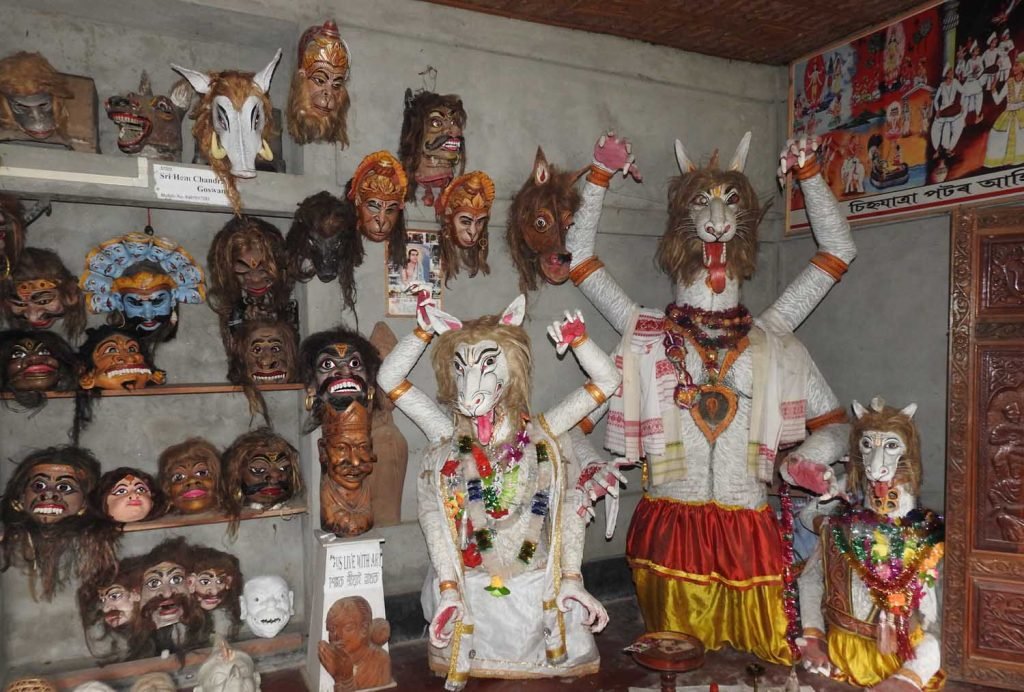
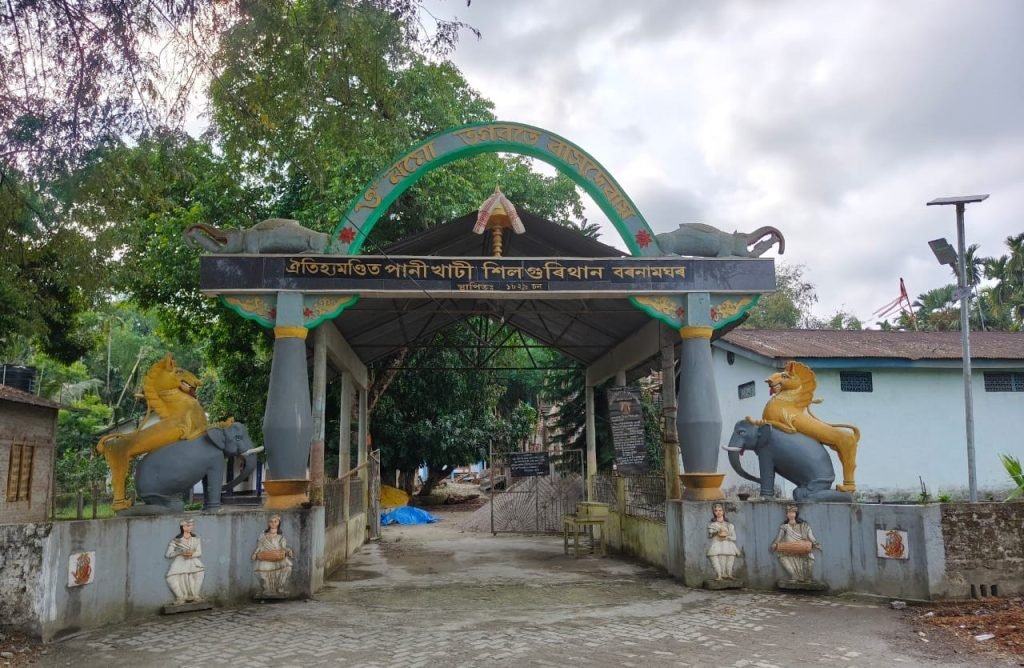
So, spend two nights and three days on the island; even more if your schedule allows. Visit Silguri Than Bornamghar at Panikhati, 35 km from Kamalabari in Majuli—a sacred space that unfolds its transition from wilderness to revered spiritual sanctuary. It is a marker of faith tourism and whether or not you are a believer, this destination will give you captivating insights into the spiritual and cultural tapestry of the region. In the serene embrace of nature, many prayers resonate—all believed to be answered by the benevolent forces that dwell here. Panikhaiti is a living testament of the profound power of belief. Majuli is an unforgettable journey; you will surely return for more.
